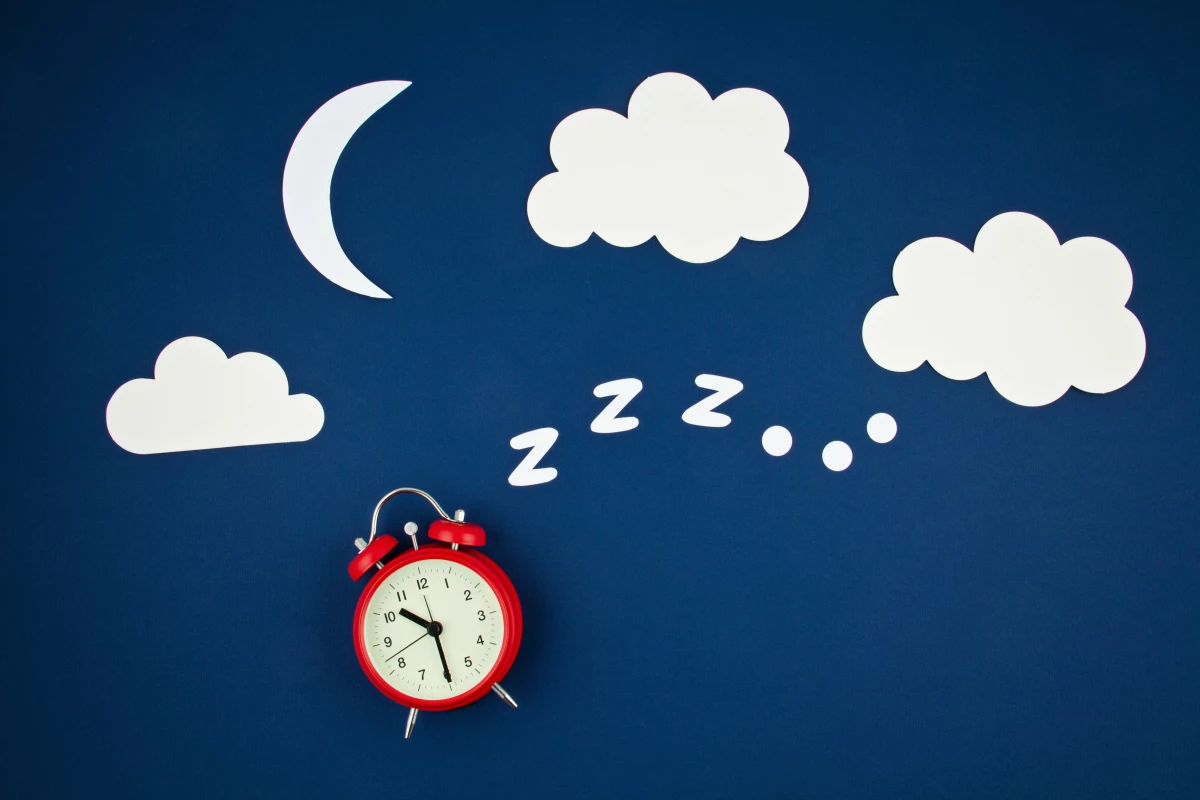Not all physical activities are created equal when it comes to a good night's sleep. Now, a new study has found that there are four practices that can significantly help different aspects of sleep disorders, without medical or therapy-based intervention. And they're all cost-free.
An international team of researchers led by the Beijing University of Chinese Medicine investigated 22 randomized controlled trials involving 1,348 adults with an average age of 50 years. The researchers' aim was to see which exercises might work best for specific sleep issues: Falling asleep, staying asleep, sleep quality, duration and daytime tiredness.
The studies generally spanned eight to 12 weeks, and the workouts were around 30-90 minutes each, two to five times a week.
What they found was that there was no one practice that came out in front; instead, four types of exercise were able to directly impact sleep, but in different ways.
Yoga emerged as the most effective for increasing total sleep time. Some participants slept up to an hour longer per night. And anyone who has practiced yoga will know that it combines physicality with breath control and mindfulness, which lulls the sympathetic nervous system and hyperarousal. While the study didn't outline an optimal time of day, yoga is considered a good "wind down" activity in the evening before bed. What's more, the research found that two to three sessions a week, lasting at least an hour, could deliver sleep benefits across the seven days.
The second notable workout was yoga-adjacent, in Tai Chi. It too focuses on slow movements, deep breathing and mindfulness, practiced for the same amount of time and frequency (60 minutes, a few times a week). It was shown to improve sleep time by 30-50 minutes, with older adults benefiting the most from the practice. Across the board, it helped people fall asleep faster – by around 15-20 minutes. This may not seem like a lot, but sleep latency beyond 20 minutes is a common issue with insomnia.
While yoga quietens the sympathetic nervous system, Tai Chi activates the parasympathetic nervous system, which can help lower blood pressure, aid digestion and encourage deep rest. The studies looked at also found that it potentially boosts melatonin secretion and helps people sleep throughout the night (sleep continuity).
While yoga and Tai Chi may be two sides of the same coin, the other two sleep-promoting workouts are quite different. The researchers found that walking or jogging for 30-50 minutes, three to four times a week, countered daytime fatigue – reducing brain fog, encouraging mood stability and, if done outdoors, helped the wake-sleep cycle. These two physical activities acted more as a daytime investment for nighttime reward – so are best done in the morning or during the day, with outdoor light exposure helping to regulate the body's natural wake/rest time.
"Walking or jogging may improve sleep through physiological and psychological pathways, including increased energy expenditure, reduced cortisol levels, improved emotional regulation, elevated melatonin secretion, and enhanced proportions of deep sleep," the researchers noted. "These synergistic effects may collectively enhance sleep architecture."
Finally, the researchers found that strength training with resistance bands, using gym machines or even a bodyweight workout, for 45-60 minutes a session – and for as little as twice a week – promoted deeper slow-wave sleep and shielded against broken sleep. Broken sleep, or sleep fragmentation, can be caused by a suite of factors – anxiety, sleep apnea, reflux, noise, temperature, light and alcohol, to name a few – so a low-impact strength workout in the afternoon or early evening can help break that cycle and make you more resilient to disturbances.
The team also noted that cognitive behavioral therapy (CBT) was, overall, the best non-medication antidote to insomnia, but due to cost, accessibility and time commitment factors, it's not necessarily the best long-term sleep aid.
And while there's no "one size fits all" for insomnia, this analysis highlights the quantifiable benefits of a variety of physical activities – which can be moderated to suit ability, time and needs – that are often overlooked when it comes to treating sleep disorders.
"The findings of this study further underscore the therapeutic potential of exercise interventions in the treatment of insomnia, suggesting that their role may extend beyond adjunctive support to serve as viable primary treatment options," the researchers wrote. "Although current clinical guidelines make only limited mention of exercise, this study provides relatively comprehensive comparative evidence that may inform the development of more specific and actionable clinical recommendations. Given the advantages of exercise modalities such as yoga, Tai Chi, and walking or jogging – including low cost, minimal side effects, and high accessibility – these interventions are well-suited for integration into primary care and community health programs."
The study was published in the journal BMJ Evidence-Based Medicine.
Source: Beijing University of Chinese Medicine via Scimex





